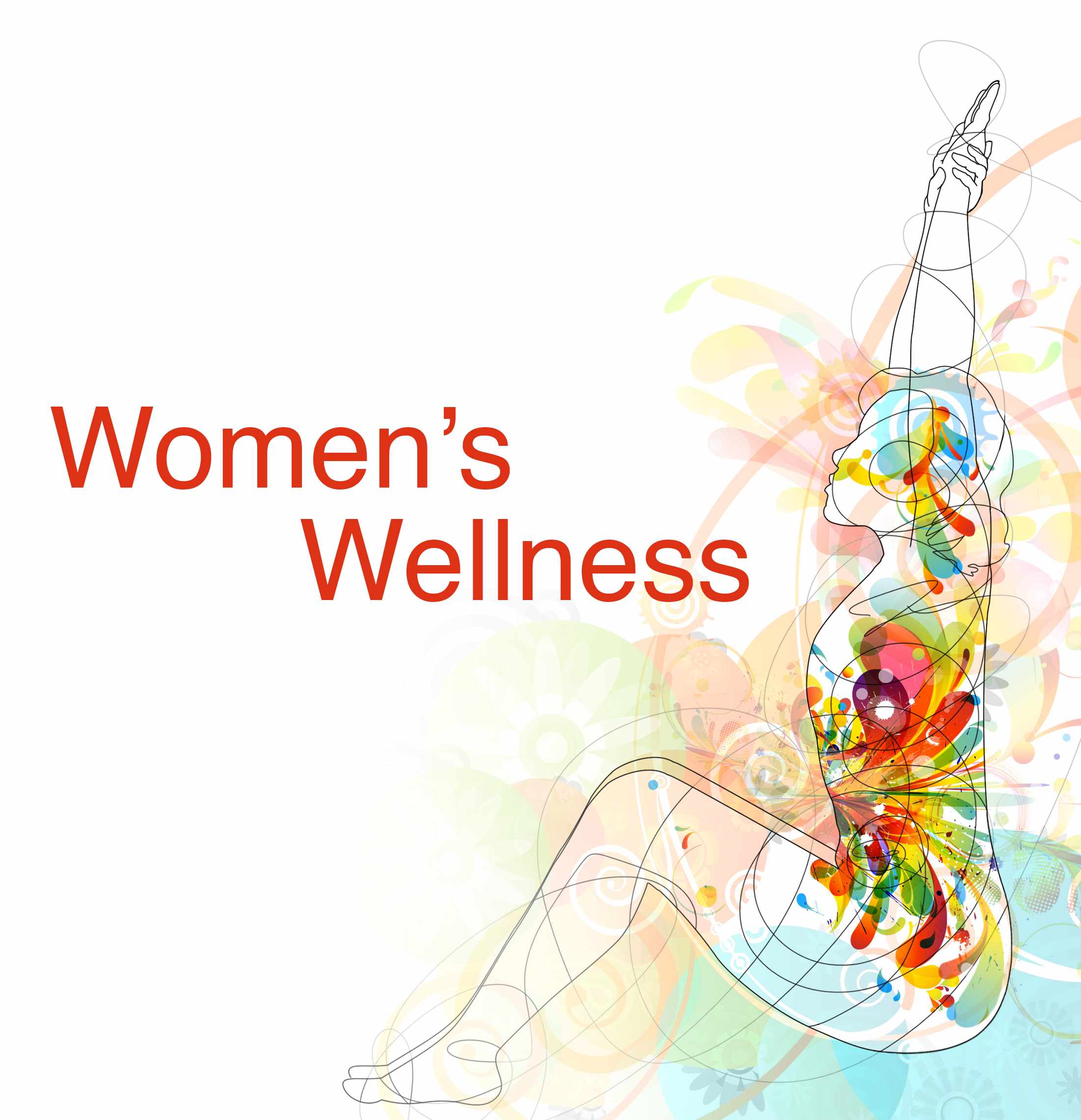Calcium is important for optimal bone health throughout your life. The mineral is also a component of the plaque that develops in your heart arteries if you have atherosclerosis, or hardening of the arteries. Does this mean taking calcium increases your risk of heart disease and heart attack?
Authors of a study published in the Journal of the American Medical Association examines this issue and found that, when taken in supplement form, calcium may increase a woman's risk. But the opposite is true when consuming calcium-rich foods. In that case, calcium is good for your heart.
Dr. Carolyn Landolfo explains the relationship between calcium and heart disease in this Mayo Clinic Minute.
Journalists: Broadcast quality video (:59) is in the downloads.
Although diet is the best way to get calcium, calcium supplements may be an option if your diet falls short. Before you consider calcium supplements, be sure you understand how much calcium you need, the pros and cons of calcium supplements, and which type of supplement to choose.
Your body needs calcium to build and maintain strong bones. Your heart, muscles and nerves also need calcium to function properly.The benefits of calcium
Some studies suggest that calcium, along with vitamin D, may have benefits beyond bone health: perhaps protecting against cancer, diabetes and high blood pressure. But evidence about such health benefits is not definitive.
Calcium and diet
Your body doesn't produce calcium, so you must get it through other sources. Calcium can be found in a variety of foods, including:
- Dairy products, such as cheese, milk and yogurt
- Dark green leafy vegetables, such as broccoli and kale
- Fish with edible soft bones, such as sardines and canned salmon
- Calcium-fortified foods and beverages, such as soy products, cereal and fruit juices, and milk substitutes









